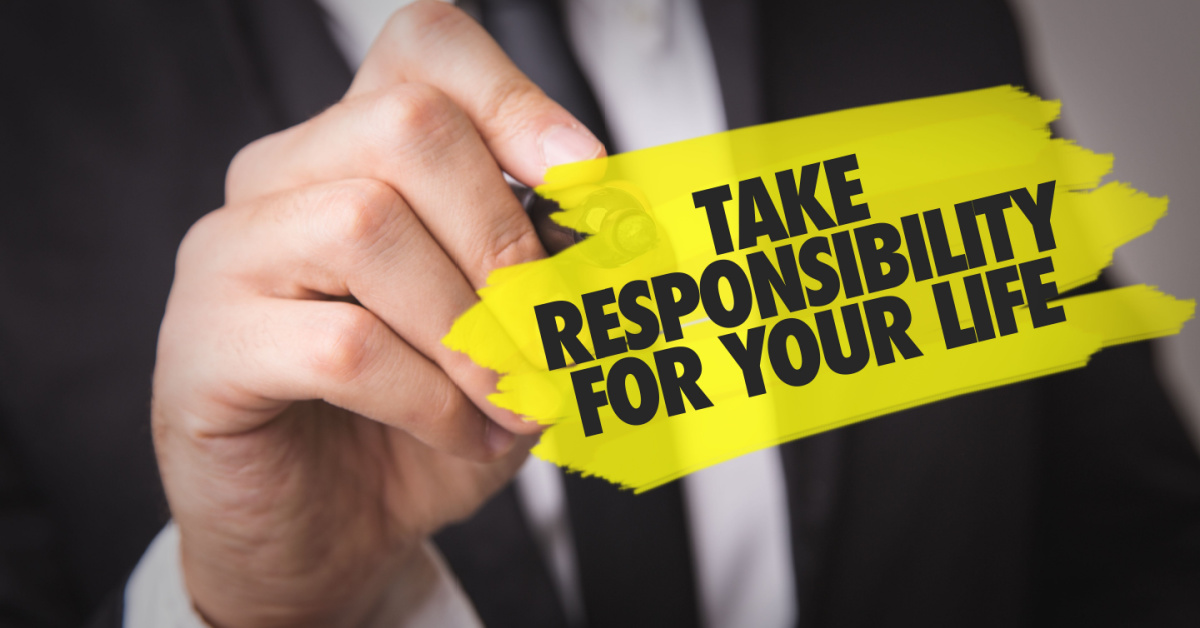 Jonah Anderson
Jonah Anderson
Accountability refers to the responsibility an individual takes for their actions, decisions, and behavior. It involves acknowledging one’s obligations and accepting the consequences, whether positive or negative, that arise from those actions and decisions. Here’s what accountability looks like in practice.
- Acknowledgment of Responsibility: An accountable person recognizes that they are responsible for their actions and the outcomes they produce. They do not shift blame onto others or external circumstances.
- Ownership of Mistakes: When they make a mistake or error in judgment, an accountable individual admits it openly and honestly. They do not make excuses, deny their involvement, or try to cover up their errors.
- Apology and Amends: Accountable individuals take steps to make amends when their actions or decisions have caused harm or inconvenience to others. They offer a sincere apology and take appropriate actions to rectify the situation.
- Learning and Growth: Instead of dwelling on past mistakes, accountable people use them as opportunities for personal growth and learning. They strive to avoid repeating the same errors in the future.
- Consistency: Accountability is not a one-time act; it is an ongoing commitment to responsible behavior. Accountable individuals consistently demonstrate their commitment to taking responsibility for their actions and decisions.
- Transparency: Accountable individuals are transparent about their intentions, actions, and decisions. They communicate openly with others, especially when their actions may impact others or the organization they are a part of.
- Setting and Meeting Expectations: They set clear expectations for themselves and others and work diligently to meet those expectations. If they cannot meet a commitment, they communicate this early and renegotiate if necessary.
- Follow-Through: Accountable people follow through on their commitments and promises. They deliver on what they say they will do, and if they encounter obstacles, they communicate this and adjust their plans accordingly.
- Holding Others Accountable: In addition to being accountable for their own actions, accountable individuals are willing to hold others accountable when necessary, but they do so in a fair and constructive manner.
- Self-Reflection: They engage in self-reflection regularly to assess their actions and decisions. They consider how they can improve and make better choices in the future.
- Consequences: Accountable individuals understand that there may be consequences, whether positive or negative, for their actions. They are prepared to face these consequences with maturity and responsibility.
- Trustworthiness: Accountability fosters trust. Accountable individuals are often seen as trustworthy because they can be relied upon to do what they say they will do.
Overall, accountability involves taking ownership of one’s actions and their impact on oneself and others. It is a fundamental component of personal and professional integrity and is essential for building trust and maintaining healthy relationships, both in personal and professional settings.
* * * * * * * * *
Jonah Anderson hosts our Sunday night Men’s Sex/Porn Addiction Discussion Group. He is a Licensed Professional Counselor and CSAT at Serene Waters Counseling in Hartland WI. He has spent his life as a counselor using the skills, knowledge, and experiences he has gained throughout the course of his life to help people find their path. He understands each person has a different path and he strives to meet them where they are when they begin their journey toward recovery. He originally wanted to pursue career counseling but soon found a calling in working with people struggling with sex addiction. He also specializes in the treatment of video game addiction.
